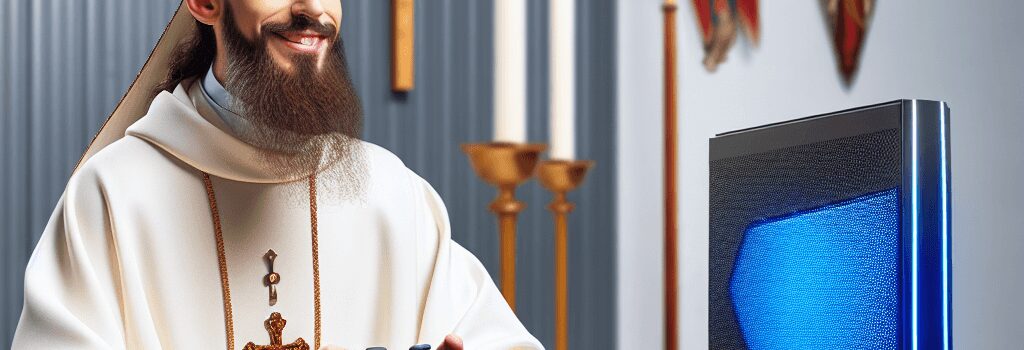Pope Leo XIV: The Gamer Pontiff of Faith and Gaming

Yesterday saw the historic elevation of Chicago native Robert Prevost to the papacy as Pope Leo XIV — the first American-born pontiff in Catholic history. Alongside the flurry of memes and jokes about his improbable rise from Midwestern parishes to the Vatican chambers, one detail has captured both secular audiences and digital-culture observers alike: the confirmation that the new pope is, by his own admission, a confirmed gamer.
Wordle, Words With Friends, and Papal Preconclave Gaming
In an exclusive to NBC5 Chicago, papal sibling John Prevost revealed that in the hours before boarding his flight to the Sistine Chapel conclave, Pope Leo XIV engaged in two of the most popular casual games of the moment: Wordle and Words With Friends. “First we’ll do Wordle, because this is a daily ritual,” John Prevost explained. “Then we dive into Words With Friends — it’s a welcome diversion that helps keep his mind centered.” At 69 years old, Leo XIV aligns with the 44 percent of American Baby Boomer men who play video games regularly, according to a 2024 Entertainment Software Association report. The 15 percent of Americans aged 55 and over who have played Wordle further underscores how mainstream browser-based puzzles have become.
Digital Faith: The Vatican’s Technological Outreach
Even before Leo XIV’s gaming confirmation, the Vatican has been quietly ramping up its digital footprint. In March 2025, the Dicastery for Communication launched a Vatican Gaming Forum on Patreon and Twitch, featuring livestreamed Q&A sessions between clergy and Catholic gamers worldwide. Meanwhile, earlier this year the Vatican debuted an augmented-reality catechism app, “VATI-Quest,” built on Unity 2023 LTS and deployed via iOS and Android to interactively visualize biblical scenes. The app’s backend runs on Google Cloud Compute Engine, leveraging serverless functions to push daily devotionals and AR filters.
Technical Deep Dive: Anatomy of Casual Gaming Platforms
- Wordle: Built with a minimal React framework and Next.js for server-side rendering, Wordle uses a 10,000-word dictionary stored in a static JSON file. A timestamp-based seed algorithm ensures all users tackle the same daily puzzle. Client-side performance is optimized through critical CSS inlining and lazy-loading of custom fonts.
- Words With Friends: Zynga’s flagship word game runs on a robust C# backend with .NET Core microservices orchestrated via Kubernetes on AWS EKS. Real-time play-by-play updates use WebSocket channels, while the Unity-based front end handles animations and AI-driven opponent moves using an open-source word-finding engine.
Expert Opinion: Gaming in Leadership Roles
Dr. Jane McGonigal, game-designer and director of the Institute for the Future, observes, “Casual games like Wordle foster pattern recognition and linguistic agility — skills transferable to strategic decision-making.” Digital theologian Father Matteo Ricci adds, “By embracing these platforms, Pope Leo XIV signals a willingness to meet the faithful where they are: on their screens.”
Generational Shift and the Future of Faith-Tech Integration
As the first Baby-Boomer pope, Leo XIV witnessed the rise of arcade cabinets and home consoles, from Atari Pong to the Nintendo Entertainment System. His casual gaming habit reflects a broader generational comfort with digital media: Representative Alexandria Ocasio-Cortez, for example, has discussed her experiences with Super Mario 64, while Minnesota Governor Tim Walz openly cites Dreamcast sessions in his office.
Future Outlook: Gaming and Faith in the Digital Age
The intersection of gaming and religious leadership is ripe for exploration. With the Vatican’s rollout of blockchain-based donation tracking on Ethereum earlier this year and pilot projects for NFT-based relic authentication, Leo XIV’s gamer status could accelerate faith-tech collaborations. Industry insiders suggest upcoming Vatican partnerships with Epic Games for faith-based virtual environments in Unreal Engine 5. Hosting future synods with VR sessions could become a reality under the new pontificate.